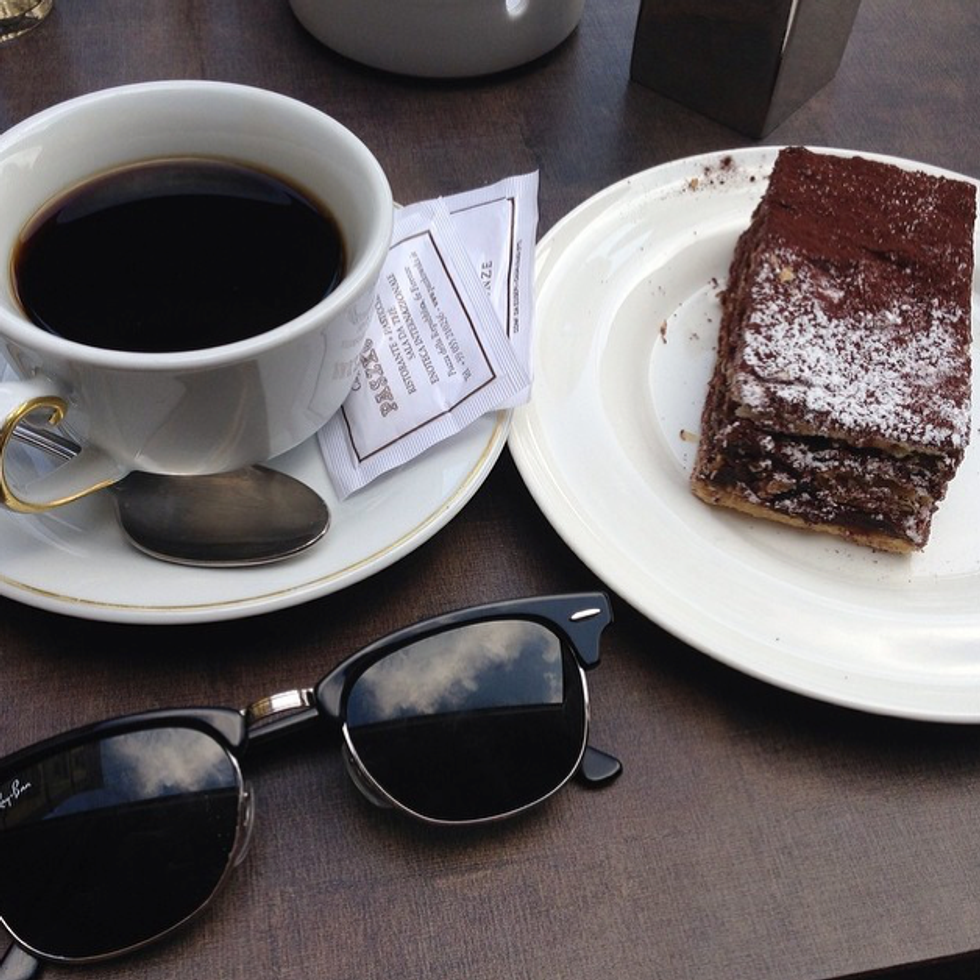It is a common myth that the best educations are received in a classroom. Students spend most of their lives sitting at a desk, figuring out mathematical equations that are unnecessarily complicated or reading pointless short stories and having to analyze them the day after day during class. As young teens or those in their early 20s, we spend our weekdays cramming and studying for exams that prove no personal knowledge, or we spend our weeknights struggling to finish a 10-page paper on a topic that we have little or no interest in. So is a classroom where we can be fully educated?
What even is considered “a good education?” Is knowing the capital of every country considered being educated? Is knowing the difference between passive and active voice the meaning of being smart? Does understanding the supply and demand curve make one intelligent? Yes, knowing these will help us in the near future, like getting a five on an AP History exam, receiving a job on Wall Street or getting an articled published in the New York Times. But will knowing these facts help us in our lives after college and in a career? When we’re 80 years old we probably will not even care about knowing these things.
The best education cannot be given or simply taught. The best education will come from our minds, our beliefs, and our views and our aspirations. It will come from what is heard through our ears, what is tasted through our taste buds, what is felt with our hands (or our hearts) and what is seen from our eyes. The best way to receive all of these is from traveling: listening to foreign music, tasting unfamiliar dishes, seeing unknown sights, thinking about unique ideas and meeting culturally different people. The best education involves no pencils and no notebooks—nothing but a foreign city, yourself and your mind.
We learn the most important values of life from traveling. We learn about independence, communication, love, cultural differences and similarities, and—most importantly—we learn about ourselves. Being on an airplane alone will force us to communicate with the old man sitting next to us, even if he’s 50 years older. Taking a train in Italy will urge us to somehow speak the Italian language or work around it to figure out which train is the right one. Visiting Africa will help us feel grateful and appreciative for the circumstances we live in, after seeing the harsh conditions young children live through. Taking a family trip to anywhere in the world will show us the meaning of love and why spending time with your parents and siblings overpowers anything else.
Most importantly, traveling will show us unknown mysteries and facts about ourselves that no professor or teacher can explain. Traveling shows how well we adapt to change (like missing a flight or sleeping in a different bed), deal with daily obligations (such as paying for food or owing other people money) and cooperate with others (for example, agreeing to eat at a certain restaurant or going to a specific museum). No professor, no textbook and no exam can educate you on personal details about yourself. Since traveling pushes your physical and mental limits, you tend to figure out those details on your own.
Travel is completely transformative. After any trip a person takes, something about their outlook on life and themselves changes. Rather than spending hours reading about foreign cultures, book a trip, be spontaneous and see those cultures on your own.

























